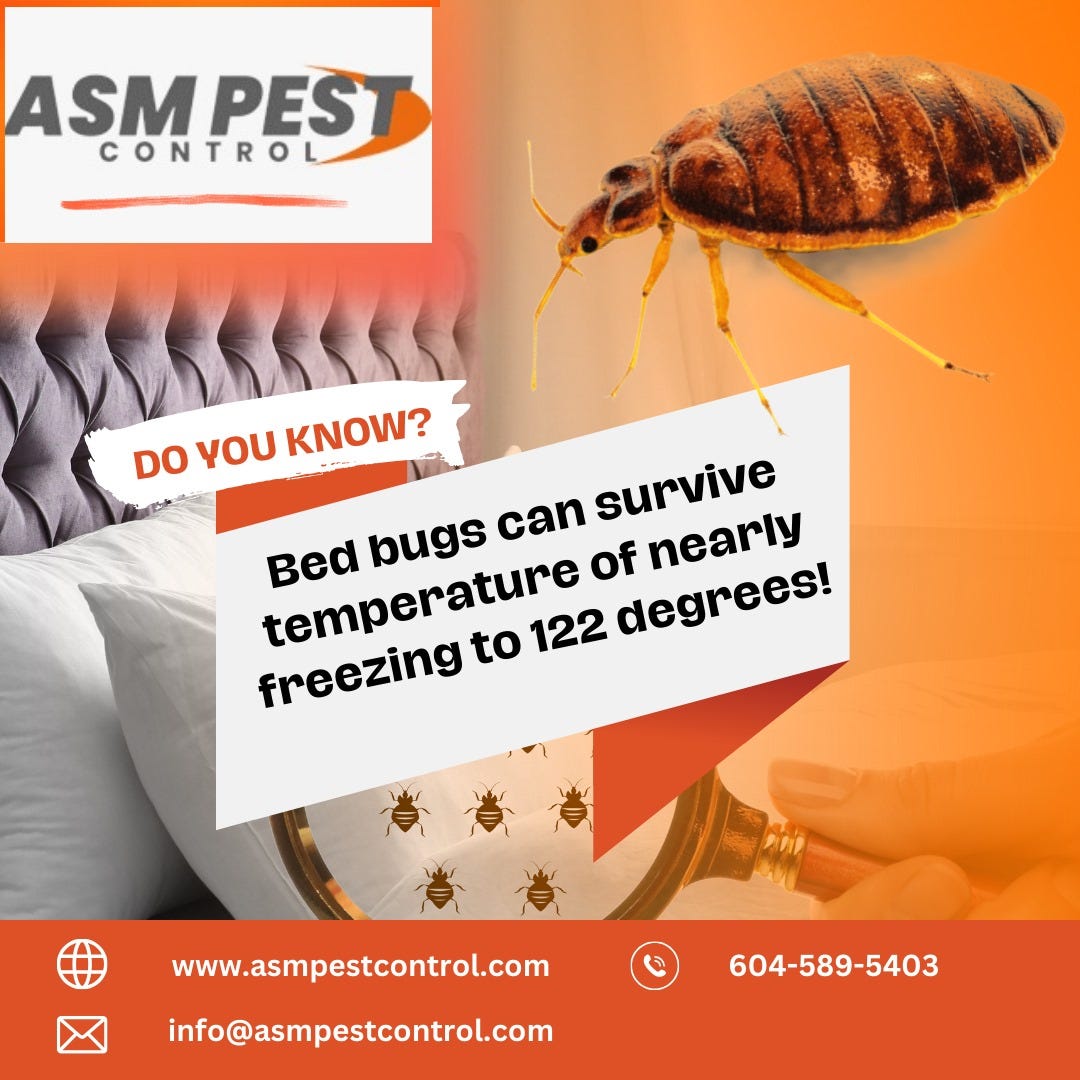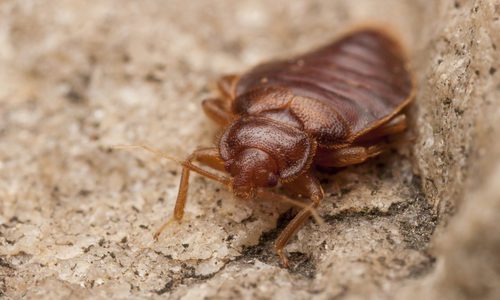Efficient Kings Pest Control Cincinnati Ohio: Reputable Solutions
Efficient Kings Pest Control Cincinnati Ohio: Reputable Solutions
Blog Article
Kinds of Parasite Control: Which Approach Is Right for Your Problem?
When encountered with an insect problem, the choice of an ideal technique for parasite control is important in effectively handling the situation. By checking out the numerous types of bug control methods offered, people can make informed choices customized to their distinct conditions, guaranteeing a much more lasting and effective result in parasite elimination.
Chemical Parasite Control
Chemical pest control includes using synthetic or normally acquired chemicals to manage and remove pest populaces effectively. This approach is frequently used in farming, forestry, and domestic setups to battle a large range of bugs, consisting of rodents, insects, and weeds. Making use of chemical pesticides can give quick and targeted solutions to pest infestations, making it a prominent option for lots of people and services.
Among the crucial benefits of chemical parasite control is its capacity to promptly remove parasites, reducing the risk of damages to plants, residential property, and human wellness. By utilizing details chemicals that target certain bugs, this technique can successfully manage infestations while reducing harm to advantageous organisms and the setting when used properly.
Nevertheless, the use of chemical insect control also elevates problems regarding prospective unfavorable effects on non-target varieties, water resources, and human health. It is essential to adhere to safety and security standards, apply chemicals sensibly, and take into consideration alternate pest control approaches to lessen these dangers and ensure lasting bug management techniques.
Biological Pest Control
Organic insect control, also referred to as biocontrol, utilizes living microorganisms to lower and handle pest populaces naturally. This approach utilizes the power of nature to control parasites without the demand for synthetic chemicals. Biocontrol can include the introduction of all-natural opponents of the parasite types, such as bloodsuckers, killers, or microorganisms, to reduce parasite populations. By utilizing the parasite's natural killers or virus, biological bug control offers a lasting and environmentally friendly option to pest management.

Mechanical Parasite Control
Using physical and manual methods to take care of parasite populations, mechanical pest control offers an alternate strategy that does not depend on using living organisms or artificial chemicals. This technique involves making use of barriers, catches, or other tools to physically hinder or get rid of pests. By obstructing pest entrance points or establishing traps to catch them, mechanical parasite control can successfully decrease problems without introducing chemicals right into the environment.
One typical instance of mechanical insect control is using mesh screens on doors and windows to protect against insects from getting in buildings. This basic yet reliable method functions as a physical barrier, maintaining parasites out while permitting appropriate air flow. Additionally, gadgets like mousetraps, fly swatters, and ultrasonic repellents drop under the mechanical insect control classification.
While mechanical parasite control methods can be labor-intensive and need normal monitoring and maintenance, they use a lasting and eco-friendly solution for handling parasite infestations. By combining different mechanical methods, home proprietors can develop a comprehensive insect control technique that lessens dependence on chemical pesticides.
Physical Parasite Control

Some typical physical bug control techniques consist of using barriers such as internet or screens to avoid insect access, traps to capture and eliminate pests, and hand-picking to literally remove bugs from plants or structures. Furthermore, strategies like warm therapies can be used to regulate pests like bed insects by raising the temperature to degrees that are lethal to the bugs.
Physical parasite control is especially view beneficial in incorporated pest administration (IPM) strategies, where several parasite control methods are integrated for reliable insect administration while minimizing the use of chemicals. By making use of physical pest control methods, people can effectively deal with bug problems with minimal environmental effect.
Integrated Parasite Management
When executing physical bug control approaches as part of insect administration approaches, Integrated Pest Management (IPM) becomes a detailed strategy that leverages numerous techniques to efficiently manage pest populaces. IPM concentrates on lasting avoidance of parasites via a combination of biological, cultural, physical, and chemical tools tailored to specific insect problems. By integrating several control techniques, IPM intends to lessen the threats linked with parasites while also reducing reliance on chemical solutions.
One key aspect of IPM is the emphasis on monitoring and assessing pest populations to establish the most ideal control approaches. This aggressive strategy enables very early intervention and targeted approaches, causing more effective bug monitoring. Additionally, IPM advertises ecologically friendly methods by prioritizing non-chemical control techniques and only making use of pesticides as a last option.
Conclusion

By making use of the pest's natural predators or microorganisms, biological parasite control offers a lasting and ecologically pleasant service to pest management. - Kings pest control Cincinnati Ohio
Using physical and manual techniques to take care of insect populations, mechanical bug control uses a different technique that does not depend on the use of living organisms or synthetic chemicals.A reliable strategy to taking care of insect populations without next page counting on chemical or organic techniques involves the usage of physical parasite control methods.When carrying out physical visit our website parasite control methods as part of pest monitoring approaches, Integrated Insect Administration (IPM) arises as a comprehensive technique that leverages various techniques to efficiently manage pest populations. Chemical insect control includes the use of chemicals, organic pest control makes use of all-natural predators, mechanical insect control entails physical obstacles, physical pest control consists of trapping or getting rid of pests, and incorporated pest administration incorporates several methods for an all natural technique to pest control.
Report this page